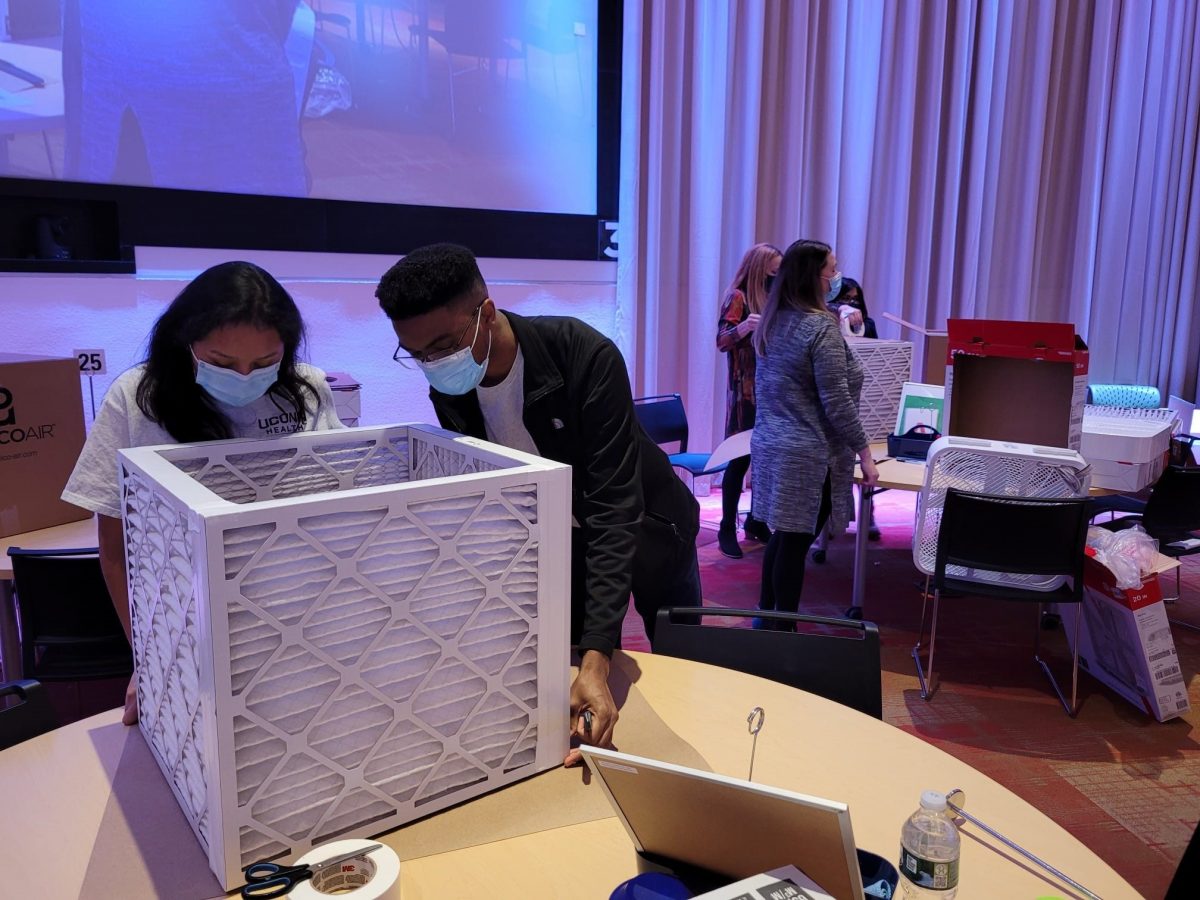Two years ago, we got a chance to assure parents and teachers, in any future epidemic, that the air in classrooms was safer, making it easier for children to attend school in person and avoid learning loss and isolation.
In March 2021, Congress allocated $122 billion for schools to cope with the Covid pandemic and its aftermath — to hire tutors, retain teachers or improve their facilities. Public health and clean air advocates hoped that this would lead to widespread improvements in classroom ventilation and air quality to help ward off future pathogenic threats and reduce problems like dust, allergens and wildfire smoke.
But only about 34 percent of school districts said they used any of the money to upgrade their heating ventilation and air-conditioning systems, according to a recent survey from the Centers for Disease Control and Prevention. About 28 percent more installed in-room air cleaners, 8 percent said they installed ultraviolet lights — a more expensive and complicated method — and the rest reported no changes that would substantially improve air quality.
Read More @ The New York Times
By Zeynep Tufekci, Opinion Columnist at the New York Times
 COVID-19 cases may be falling, but the virus is still a very real concern for many parents sending their children back to school. UConn researchers are working to ease those worries by building do-it-yourself air purifiers to improve health in schools and other crowded settings. The Indoor Air Quality Initiative, which has already made an impact in Connecticut, is growing, thanks to a generous donation.
COVID-19 cases may be falling, but the virus is still a very real concern for many parents sending their children back to school. UConn researchers are working to ease those worries by building do-it-yourself air purifiers to improve health in schools and other crowded settings. The Indoor Air Quality Initiative, which has already made an impact in Connecticut, is growing, thanks to a generous donation.